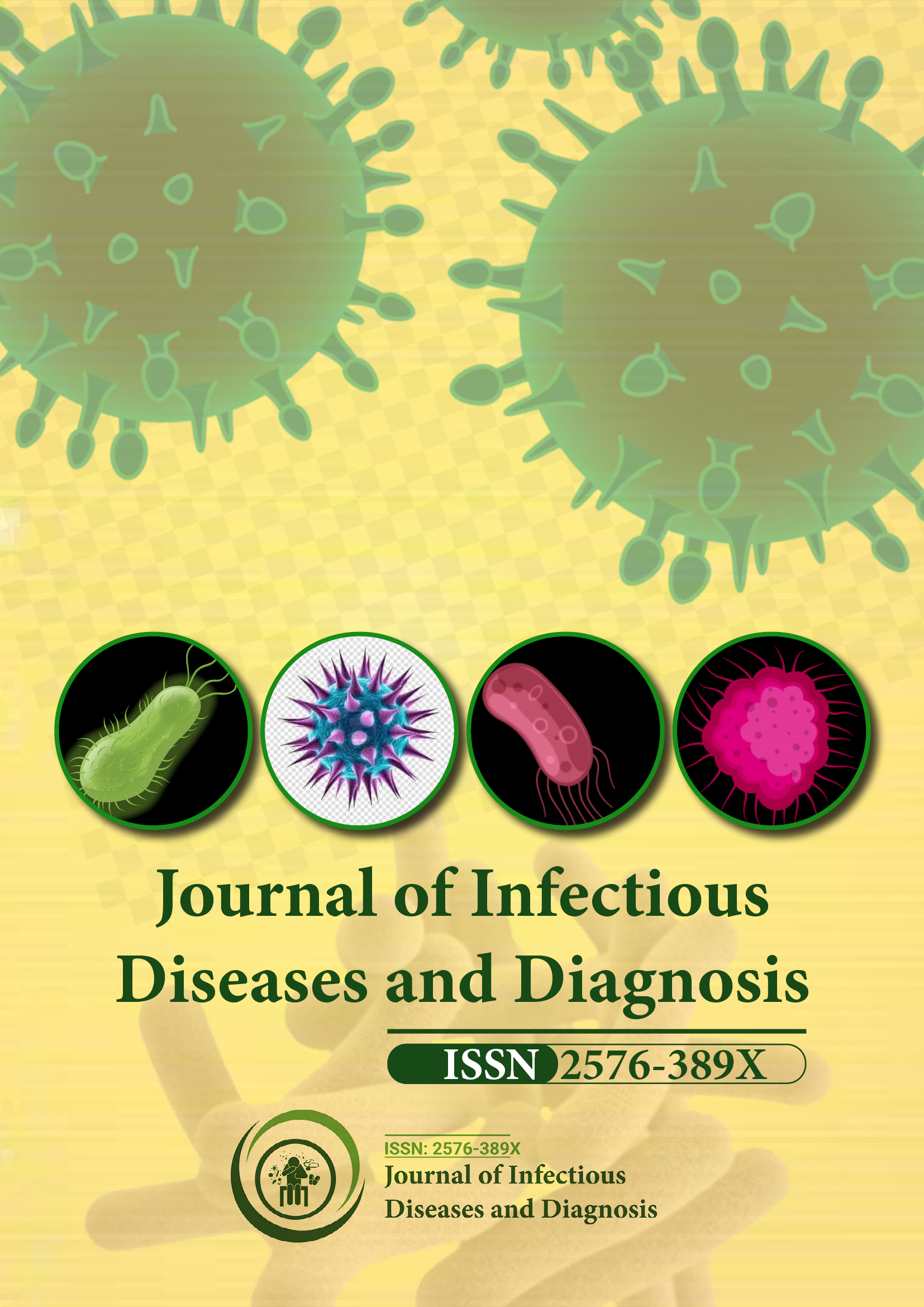Индексировано в
- RefSeek
- Университет Хамдарда
- ЭБСКО АЗ
- Паблоны
- Евро Паб
- Google Scholar
Полезные ссылки
Поделиться этой страницей
Флаер журнала

Журналы открытого доступа
- Биоинформатика и системная биология
- Биохимия
- Ветеринарные науки
- Генетика и молекулярная биология
- Еда и питание
- Иммунология и микробиология
- Инжиниринг
- Клинические науки
- Материаловедение
- медицинские науки
- Науки об окружающей среде
- Неврология и психология
- Общая наука
- Сельское хозяйство и аквакультура
- Сестринское дело и здравоохранение
- Управление бизнесом
- Фармацевтические науки
- Химия
Абстрактный
Знания, отношение к использованию антибиотиков, распространенность и сопутствующие факторы несоблюдения режима лечения среди взрослых амбулаторных пациентов в государственных медицинских учреждениях штата Эдо, Нигерия
Экаэте А. Тобин, Марта Оконофуа
Предыстория: Наблюдаемый плохой прогноз при лечении нескольких инфекционных заболеваний, возникающих из-за устойчивости к антибиотикам, был приписан неспособности достичь оптимальных концентраций препарата in vivo в результате несоблюдения назначенной антибактериальной терапии. Целью исследования была оценка распространенности несоблюдения и связанных с этим факторов в Нигерии.
Методы: Используя дизайн поперечного исследования, 800 согласившихся посетителей взрослых амбулаторных клиник 5 вторичных и третичных больниц в центральном сенаторском округе Эдо, штат Эдо, Нигерия, были опрошены с использованием предварительно протестированных анкет после этического одобрения на проведение исследования. Независимыми переменными были социально-демографические данные, знания (хорошие/удовлетворительные/плохие), отношение (положительное/отрицательное), воспринимаемая поддержка врача и воспринимаемая поддержка семьи. Зависимой переменной было несоблюдение лечения антибиотиками в течение последних 6 месяцев. Данные были проанализированы с помощью статистического пакета для социальных наук. Для двумерного анализа использовался критерий хи-квадрат, а значимые переменные анализировались с помощью многомерной логистической регрессии со статистической значимостью p, установленной как <0,05. Результаты: Уровень ответа составил 100%. Большинство, 360 (45,0%), имели плохие знания, а 74 (50,3%) имели плохое отношение к использованию антибиотиков. Сто сорок семь респондентов (18,4%) получили рецепт на антибиотики в течение последних 4 месяцев, из которых 75 (51,0%) не завершили прием дозы, при этом наиболее распространенной причиной была названа ремиссия симптомов (65,3%). В многомерном анализе отношение, воспринимаемая поддержка со стороны врача и членов семьи были отрицательно связаны с несоблюдением режима лечения.
Вывод: Меры по улучшению соблюдения режима лечения антибиотиками должны быть сосредоточены на образовании, взаимодействии врача и пациента и укреплении поддержки семьи для больного пациента.